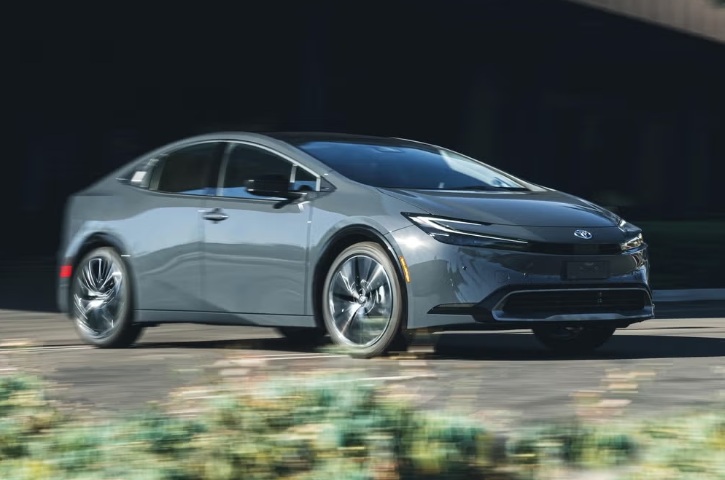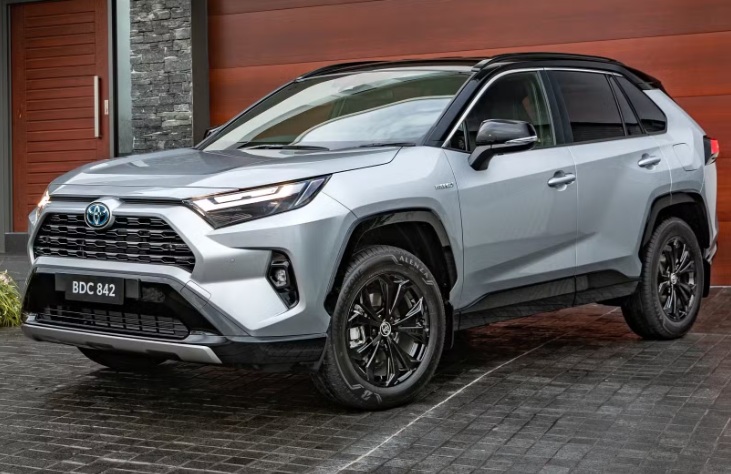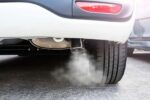Recently, the non-profit organization Transport & Environment released a study on the environmental emissions of PHEVs.
According to a report by the non-profit Transport & Environment (T&E), the actual CO₂ emissions from plug-in hybrid electric vehicles (PHEVs) are only 19% lower than those of gasoline or diesel cars, significantly less than the 75% reduction claimed by manufacturers under test conditions.
These findings raise concerns that PHEVs may not be as environmentally friendly as the automotive industry promotes, prompting questions about the transparency of current emission testing standards in Europe.
T&E researchers analyzed fuel consumption data from 800,000 PHEVs registered in Europe between 2021 and 2023. The results revealed that the average CO₂ emissions from these vehicles were 4.9 times higher than the figures reported in official tests. In 2021, this discrepancy was 3.5 times, indicating a growing gap between real-world and laboratory results.
Sofía Navas Gohlke, a T&E researcher and co-author of the report, stated, “Actual emissions are rising while reported figures are declining. This widening gap is a significant issue. In reality, PHEVs are polluting nearly as much as conventional gasoline cars.”
The T&E report attributes much of this discrepancy to an overestimation of the “utility factor,” which represents the proportion of distance driven solely on electric power compared to the total distance traveled.
Researchers found that European manufacturers estimated PHEVs would operate on electric power for 84% of the distance, whereas the actual figure was only around 27%. This miscalculation results in significantly higher real-world fuel consumption and emissions than reported in laboratory tests.
Even when operating in electric mode, most PHEVs emit more CO₂ than expected due to insufficiently powerful electric motors for fully independent operation.
Researchers noted that, under real-world conditions, PHEVs still engage their gasoline engines for approximately one-third of the distance traveled, even when drivers select electric mode. This occurs because the electric system lacks the power to handle acceleration, uphill driving, or heavy loads, necessitating support from the internal combustion engine.
Consequently, despite regular charging, PHEVs cannot achieve the low emissions levels of battery electric vehicles (BEVs), while being more complex and costly to operate and maintain.
The report indicates that, between 2021 and 2023, the misreporting of CO₂ emissions from PHEVs helped at least four major European automotive groups avoid over €5 billion (approximately $5.82 billion) in fines for violating emission regulations.
Meanwhile, consumers, who believe PHEVs to be more environmentally friendly, incur additional operating costs averaging €500 (15.34 million VND) annually due to higher real-world fuel consumption than manufacturer claims.
Transport & Environment’s report serves as a critical warning to both consumers and policymakers, especially in emerging markets like Vietnam, where PHEVs are being introduced as a transitional step toward electrification.
TH (Tuoitrethudo)
The New CATL Battery Enables Pure Electric Driving for Hybrid Vehicles Over 400 km.
CATL, the world’s leading battery manufacturer, has unveiled its latest innovation for plug-in hybrid electric vehicles (PHEVs): the Freevoy Super Hybrid Battery. This cutting-edge technology promises to revolutionize the PHEV market, offering unparalleled performance and efficiency. With years of expertise and a dedication to pushing the boundaries of energy storage, CATL has created a battery that delivers exceptional power and range, taking hybrid vehicles to the next level. The Freevoy Super Hybrid Battery is a testament to CATL’s commitment to driving the future of sustainable transportation forward.
Electric Revolution: Xanh SM Unveils the Xanh SM Bike Platform for E-bikes
GSM is proud to announce the launch of its innovative and dedicated business-sharing platform, the Xanh SM Bike Platform, specifically designed for VinFast electric scooter owners. This platform introduces a game-changing revenue-sharing policy, offering an unprecedented 80% revenue share to scooter owners. This strategic move by Xanh SM aims to expand its customer service network while providing VinFast electric scooter owners with a flexible and profitable business opportunity.















































